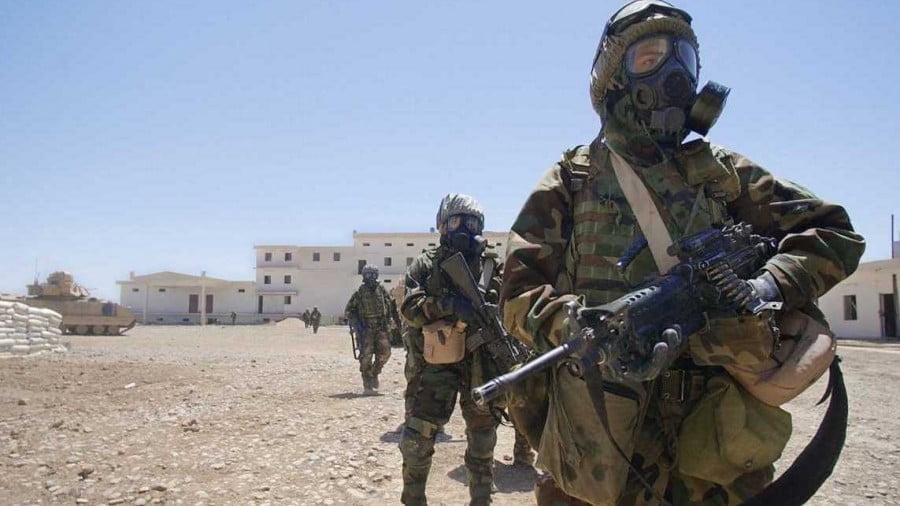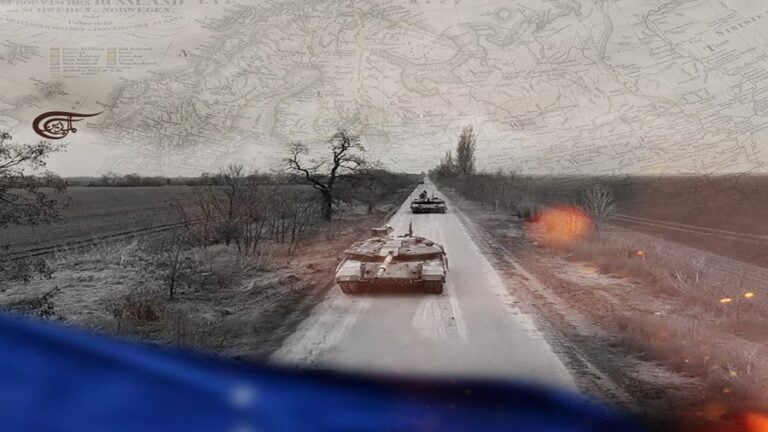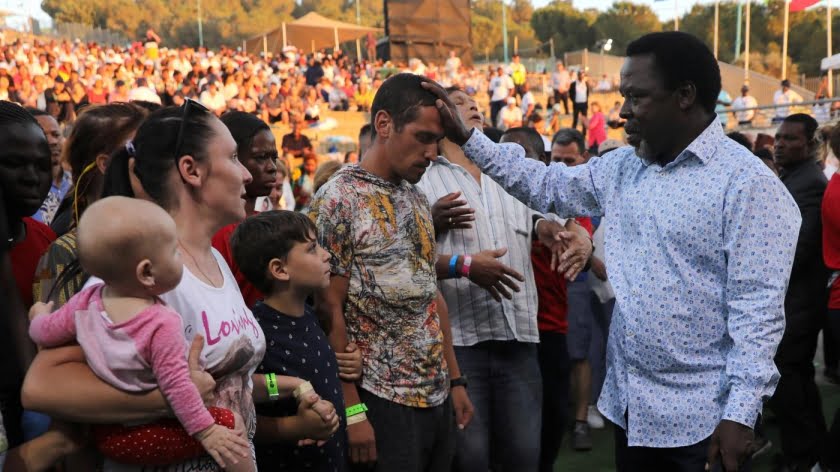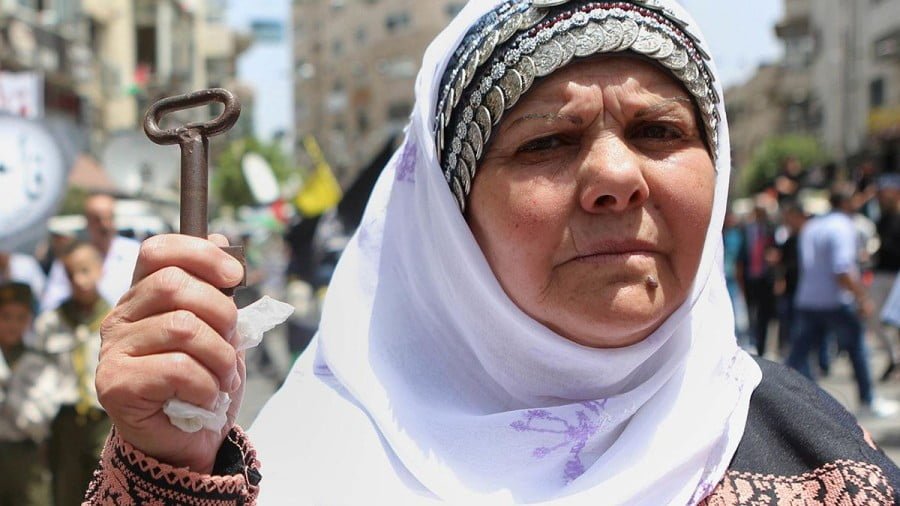The Kurds Want a “Federal” Regime Change in Syria
Kurdish Democratic Union Party co-chairman Shahoz Hasan said that his organization’s objective is to impose its system of so-called “democratic autonomy” all over Syria, and despite denying that this amounts to a de-facto internal partition, it’s hard to argue that it’s anything but. Moreover, the Syrian Kurds also just announced that they’ll be annexing Daesh’s former so-called “capital” to their self-proclaimed “Democratic Federation of Northern Syria”, though they plan to “legitimize” this land grab through what’s essentially controlled elections that will ultimately lead to the installation of a puppet government in the Arab-cleansed city.
The Kurds know that they can’t control their majority-Arab conquered corner of northeastern Syria, let alone the entirety of the country, without employing a method which deceptively seems to provide for ethnic equality, but which is in reality controlled by them behind the scenes, hence the cover of “democratic autonomy” to obscure the fact that they envision the “New Syria” to be a Kurdish-led “federation”. Ironically, they’re employing the same tactics that they falsely accused the Alawite minority of doing in supposedly running the country in secret behind the scenes, except this time the Kurds actually plan to do this and it isn’t a fake news conspiracy.
They’re presently working on perfecting their military-political strategies before expanding their model to the rest of the country, whether through “sleeper cells” or sympathetic “opposition” members who opportunistically believe that they could become more powerful stakeholders in this new internally partitioned system than in Syria’s constitutionally unitary one. While it’s true that Syrian Foreign Minister Walid Muallem did indeed say in late September that “autonomy” for the Kurds could be discussed after the defeat of Daesh, this shouldn’t have been taken to imply that “federalization” is in the cards given how vehemently Damascus has opposed this in the past.
In addition, Syria’s Information Minister Mohammed Ramiz Tarjaman reiterated earlier this week that “We do not consider any city liberated until the Syrian Arab army enters it and lifts the Syrian flag over it. This applies to any point of the Syrian map”, which seems to suggest that Damascus won’t negotiate with the Kurds until the Syrian Arab Army restores constitutional sovereignty to their occupied territories in the country’s northeast. However, this might be much easier said than done considering the approximately 10 American bases in the region and the US’ new “train and equip” program for the Syrian Kurds, both of which are designed to deter Damascus.
Barring any decisive action by either side, the most likely outcome is that the post-Daesh battle lines between the Syrian Arab Army and the Kurdish-led “Syrian Democratic Forces” will be frozen in place and enforced by a Russian-American agreement pending a comprehensive political solution to the War on Syria, though the divergent strategic visions between these two Great Powers and their on-the-ground partners will probably lead to this becoming an unresolved frozen conflict for years to come.
By Andrew Korybko
Source: Oriental Review







